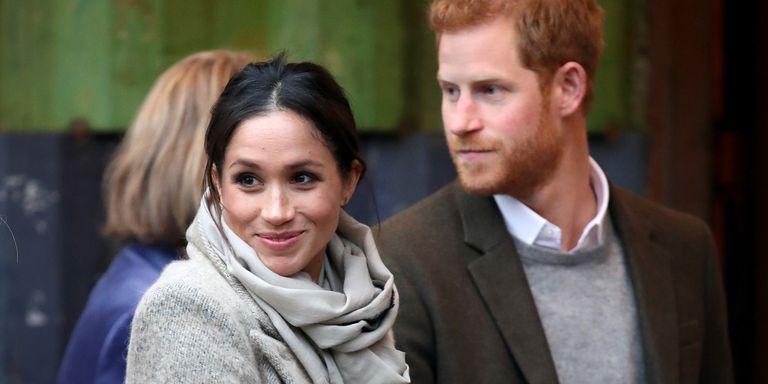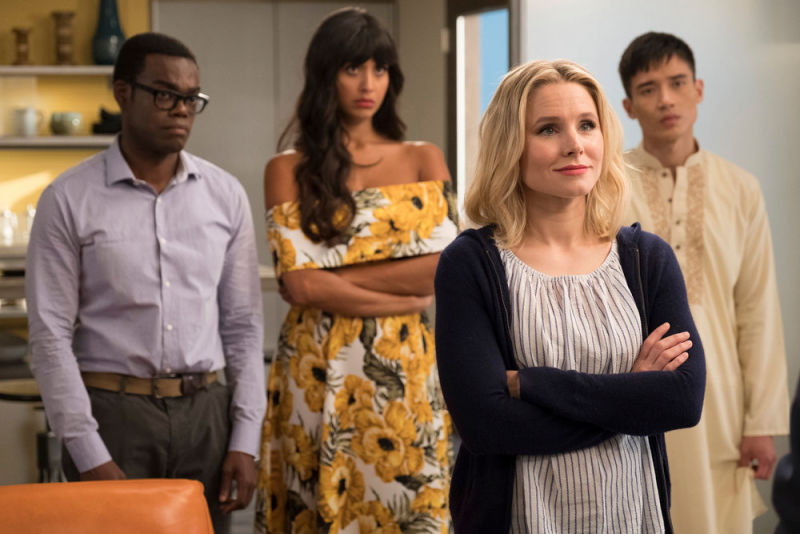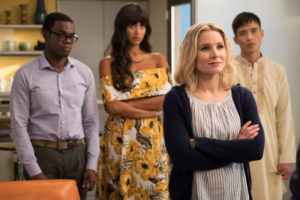Royal Wedding Watch on PBS
Posted on April 11, 2018 at 4:43 pm
It seems just yesterday we watched his parents get married, but now we are looking forward to the wedding of Prince Harry and his American bride, Meghan Markle. Not since Princess Grace married Prince Rainier of Monaco has there been such a real-life Cinderella story, and the prince and his bride have captivated the world with their obvious affection and commitment to good works.
Today, PBS announced Royal Wedding Watch, premiering Monday-Thursday, May 14-17, 10:00-11:00 p.m. ET and Friday, May 18, 10:30-11:30 p.m. ET (check local listings), a five-part nightly series of special programs leading up to the live broadcast of the royal wedding on Saturday morning, May 19, on PBS.
It will be hosted by American news anchor Meredith Vieira and British television presenter Matt Baker, who will update viewers on the preparations for the much-anticipated wedding of Prince Harry and actress Meghan Markle.
During the week prior to the ceremony, which will occur in St. George’s Chapel at Windsor, the hosts will be joined in-studio by experts, commentators and special guests. BBC presenter and host Anita Rani will report live from Windsor each night, and English historian Lucy Worsley, Joint Chief Curator at Historic Royal Palaces, will delve into the pageantry, pomp and protocol surrounding Harry and Meghan’s nuptials.
Royal Wedding Watch will also showcase Britain’s rich royal heritage and illuminate how history and tradition will influence the union of this modern couple.
“From cakes to choristers, banquets to bouquets, gowns to crowns, viewers will get a fun and informative insider’s briefing on royal etiquette, and an unprecedented look at the elaborate planning, secrecy and care that goes into this royal wedding that has captured the imagination of people around the world,” said Shawn Halford, PBS’ Senior Director, Programming.
Lisa Ausden, Creative Director, BBC Studios’ Topical and Live Unit, added: “BBC Studios is thrilled to be working with PBS in this unique collaboration, giving U.S. viewers a front row seat in the build-up to the big day. We’ll capture all the excitement as Windsor becomes the focus of the world, and we’ll have unrivaled expertise in our central London studio to discuss the history and tradition of royal weddings, plus, of course, the romance which brought the Prince and his American bride together.”



